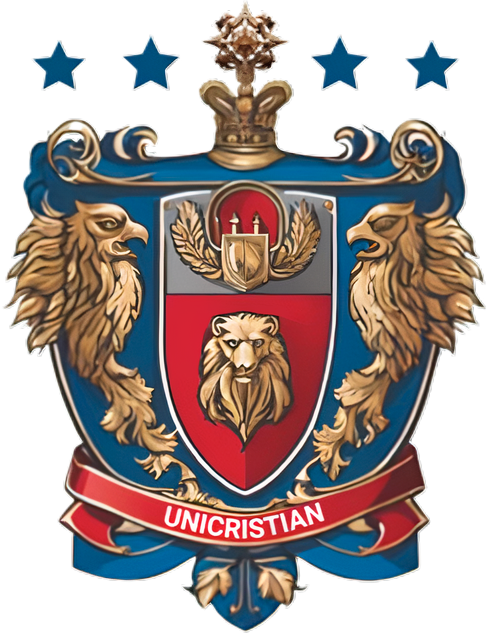
Master's and Doctorate in Eschatology and Theology of the Future Eschatology and Theology of the Future
Master's and Doctorate in Eschatology and Theology of the Future Eschatology and Theology of the Future
MASTER’S – Duration: 2 to 3 years | Mode: 100% online | Total Hours: 1,500
DOCTORATE – Duration: 3 to 5 years | Mode: 100% online | Total Hours: 2,500
Differences between Master's and Doctoral programs
Master’s students will take courses at Level I, while doctoral students will have access to more advanced content at Levels II and III. The Master’s program lasts 2 to 3 years, with a total workload of 1,500 hours, whereas the Doctorate spans 3 to 5 years, requiring 2,500 hours. Both programs are offered 100% online, providing flexibility and accessibility for students throughout their academic journey.
Course Presentation
General Objectives
Course Program
1st Semester
- Scientific Methodology
- Biblical Eschatology
- History of Eschatological Interpretations
- Jewish and Christian Apocalyptic
- Theological Deepening I
- Training of Pastors and Religious Leaders I
2nd Semester
- Systematic Eschatology
- Eschatology and Scientific Cosmology
- Theodicy and Hope
- Eschatology in Christian Traditions
- Theological Deepening II
- Training of Pastors and Religious Leaders II
3rd Semester
- Theology of the Future
- Biblical and Theological Foundations of Care
- Christian Hope and Contemporary Crises
- Comparative Eschatology in Religions
- Theological Deepening III
4th Semester
- Dissertation/Thesis Guidance and Preparation
Additional Courses for the Doctorate (5th and 6th Semesters)
- Eschatology and Political Theology
- Theological Anthropology and the Human Future
- New Technologies and Eschatology
- History of Contemporary Theological Thought
- Christianity and Globalization
- Ecumenical Movements: History and Perspectives
- Evolution of Christian Liturgy II
- Christianity and Postmodernity
- Training of Pastors and Religious Leaders III
- Thesis Guidance and Development
The Theological Deepening courses, held weekly in a live format, will provide detailed analyses of classic and contemporary eschatological texts, discussions on the relevance of eschatology to current issues, and the development of innovative theological approaches to thinking about the future. These live meetings will also allow for dialogue with experts from other fields who reflect on future scenarios, such as scientists, philosophers, and artists.
Eschatology is not merely an appendix to theology, but its fundamental hermeneutical key, for all theological reflection is illuminated by the hope that comes from God’s future. This program seeks to recover the centrality of Christian hope for theological reflection and its relevance to a world facing unprecedented crises.
This program was structured to articulate the rich Christian eschatological tradition with contemporary challenges related to the future of humanity and creation, training researchers capable of developing a theology of the future that is biblically grounded, historically informed, systematically coherent, and practically relevant.
Training for Pastors and Religious Leaders (I, II and III)
- The Pastor and Religious Leader Training course is an option geared towards those who want specialized training in ministerial leadership. With three levels of depth, the course offers essential theological deepening that pastors and religious leaders need for their roles.
- Students will develop practical and theoretical skills in areas such as pastoral theology, church management, and faith community development, preparing them to exercise effective and committed leadership.
- The program’s interdisciplinary approach, engaging with science, philosophy, future studies, and other areas, allows students to develop a comprehensive and critically engaged view of eschatological issues, overcoming both apocalyptic reductionism and secularizing emptyings of Christian hope.